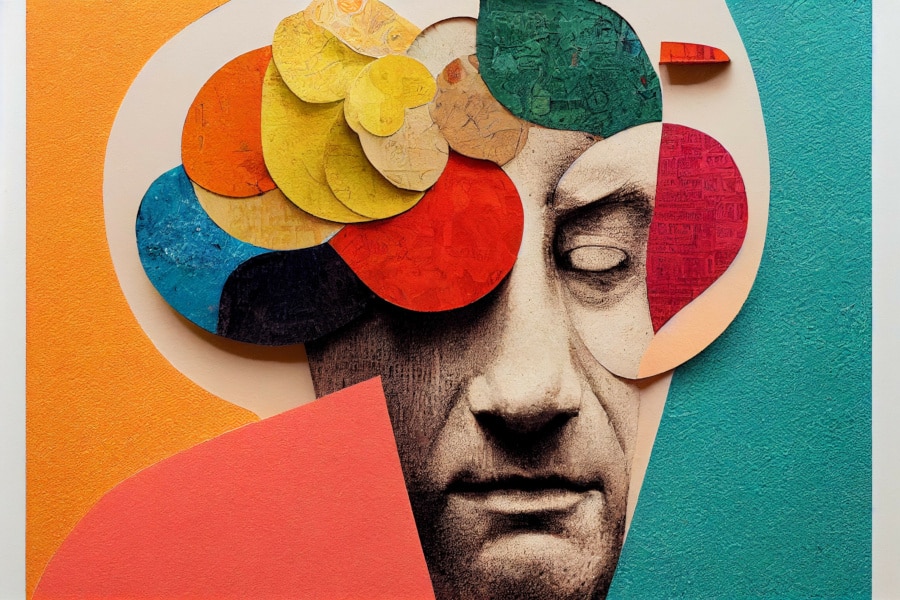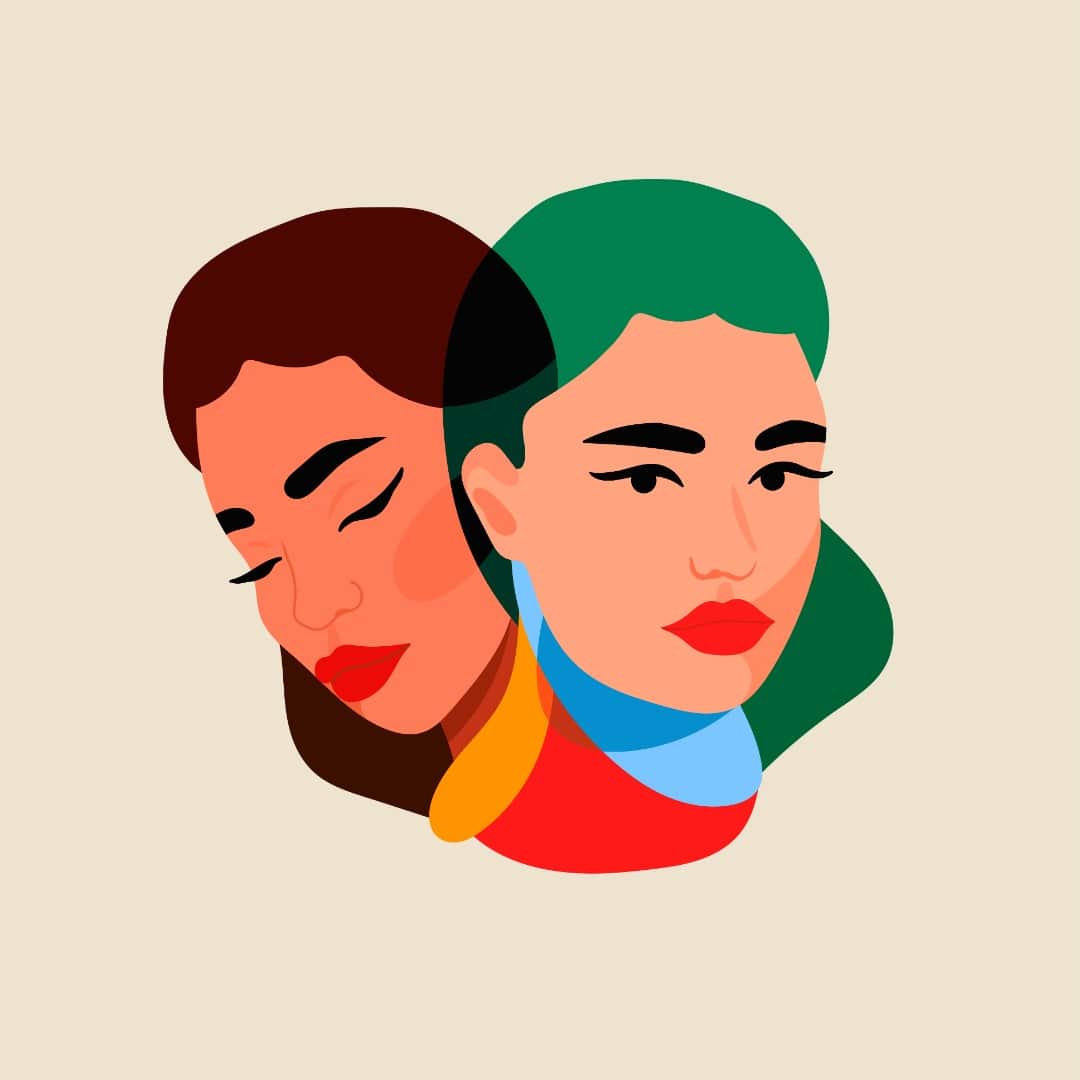Bipolar disorder treatment at Lifeskills
Lifeskills offers personalized treatment for bipolar disorder through our clinical pathways, led by experienced doctoral-level and licensed clinicians. These pathways integrate various evidence-based therapies to address mood disorders. Our holistic approach combines individual, family-focused, and group therapy with experiential practices to help clients understand their diagnosis, manage symptoms, and regain a sense of balance. Guided by comprehensive assessments, our clinical team tailors treatment plans to meet each client’s unique needs. At Lifeskills, we provide compassionate, effective care in a supportive environment that promotes long-term recovery.
About Bipolar Disorder
Bipolar disorder is a mood disorder that affects approximately 8 million adults in the US and about 40 million individuals worldwide. While it often emerges during the late teens or early adulthood, symptoms can also develop in childhood or later in life, such as during the 40s or 50s.
Characterized by extreme mood swings — from depressive lows to manic or hypomanic highs — bipolar disorder can significantly disrupt daily life without effective treatment. Bipolar I includes severe mania and depression, sometimes with hallucinations or delusions, while Bipolar II features hypomania and intense depressive episodes. Genetics, head injuries, and thyroid conditions are possible contributing factors, though the exact cause remains unknown.
Bipolar disorder affects approximately 8 million adults in the US.
Dual Diagnosis
Substance use disorders often co-occur with bipolar disorder, as individuals may self-medicate to manage symptoms or enhance euphoria, creating a cycle that exacerbates both conditions. This cycle often worsens bipolar symptoms, making dual diagnosis treatment essential.
Lifeskills’ integrated treatment includes our specialized substance use disorder pathway, combining evidence-based therapies like cognitive behavioral therapy (CBT), dialectical behavior therapy (DBT), and 12-step principles. This approach ensures both bipolar disorder and substance use disorders are treated concurrently for comprehensive, lasting recovery.
Questions about bipolar disorder
What is bipolar disorder?
Bipolar disorder is a mental health condition causing extreme mood swings from depressive lows to manic or hypomanic highs, severely impacting daily life. These shifts can severely impact daily functioning and are beyond an individual’s control. Bipolar disorder is categorized into three types:
- Bipolar I – severe mania and depression
- Bipolar II – hypomania and major depressive episodes
- Cyclothymic disorder – persistent, milder mood fluctuations
The exact cause of bipolar disorder is unknown, but factors such as genetics, brain structure, and environmental influences may contribute to its development. Proper diagnosis and treatment are crucial for effectively managing symptoms.
What are the signs and symptoms of bipolar disorder?
Bipolar disorder involves extreme mood swings between manic, hypomanic, and depressive episodes:
- Manic episodes, which often last a week or more, may include heightened energy, euphoria, impulsivity, decreased sleep need, and racing thoughts.
- Hypomanic episodes are less intense but can still disrupt daily functioning.
- Depressive episodes involve low energy, sadness, feelings of hopelessness, difficulty concentrating, and possible suicidal ideation.
Symptoms vary depending on the type of bipolar disorder. For instance, bipolar I features severe mania, while bipolar II includes hypomania and depressive episodes. Cyclothymic disorder involves milder yet persistent mood fluctuations. Proper diagnosis is essential for effective treatment.
When should I seek help for bipolar disorder?
If you or a loved one experiences extreme mood swings, ranging from intense euphoria or irritability to deep sadness or hopelessness, it’s essential to seek professional help. These mood shifts can severely impact daily life, relationships, and functioning. If you’re struggling with impulsivity, risky behaviors, sleep disturbances, or thoughts of self-harm, Lifeskills offers comprehensive bipolar disorder treatment in a supportive, individualized environment.
Early diagnosis and intervention are crucial for effective management and better long-term outcomes. Contact Lifeskills today to begin your journey toward recovery. Our team is here to guide you every step of the way.
Our Levels of Care
At Lifeskills, we offer a comprehensive continuum of care to support individuals at every stage of their recovery journey. Our levels of care include detoxification, residential treatment, partial hospitalization, intensive outpatient, and transitional living programs, each tailored to meet the unique needs of our clients.



